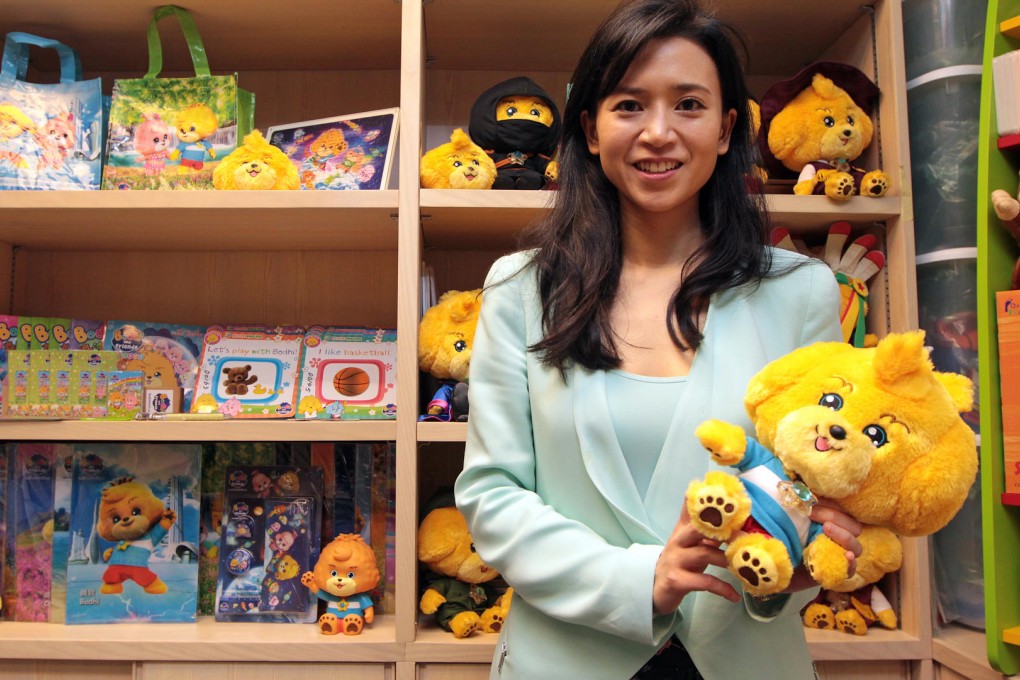Youngsters should dare to dream in an ever changing business world, says Hong Kong businesswoman Poman Lo
Regal Hotels group heiress POMAN LO says running a business may be challenging but there are many opportunities for those who dare to dream.

[Poman Lo, Class of 1996] Regal Hotels group heiress POMAN LO says running a business may be challenging but there are many opportunities for those who dare to dream. Growing up in her father Lo Yuk-sui's bricks-and-mortar hotel empire, the young entrepreneur has ventured into the creative and online business world. She tells Eddie Lee that she wants to instil positive values in the next generation, adding that Hongkongers have to maintain a cosmopolitan image to stay ahead.
It has been a challenge. I grew up in the hotel real estate family business. So to me, running a hotel is sort of like in my blood because I grew up here, right? But you know in this TMT [technology, media and telecommunications] space, everything is changing. The technology is changing. Consumer behaviour, technology trends, everything is changing day by day. So we call it "flexible focus". On the one hand you can't be shifting your focus all the time. On the other hand, you have to be adjusting your strategy, almost on a daily or weekly basis by looking at how your current strategy is, whether it is giving the sort of result that you have in mind.
For sure. When you are at school, or anything that involves just individual efforts, it is very different, because everything is within your control. Basically, everything is predictable. But then in the business world, there are many elements. So you have to work as a team. Also, as the Chinese say, "the favourable climate and geographical position and support of the people" is critical, and then there are external factors that you also have to account for. There is also the element of luck, timing and environmental factors.